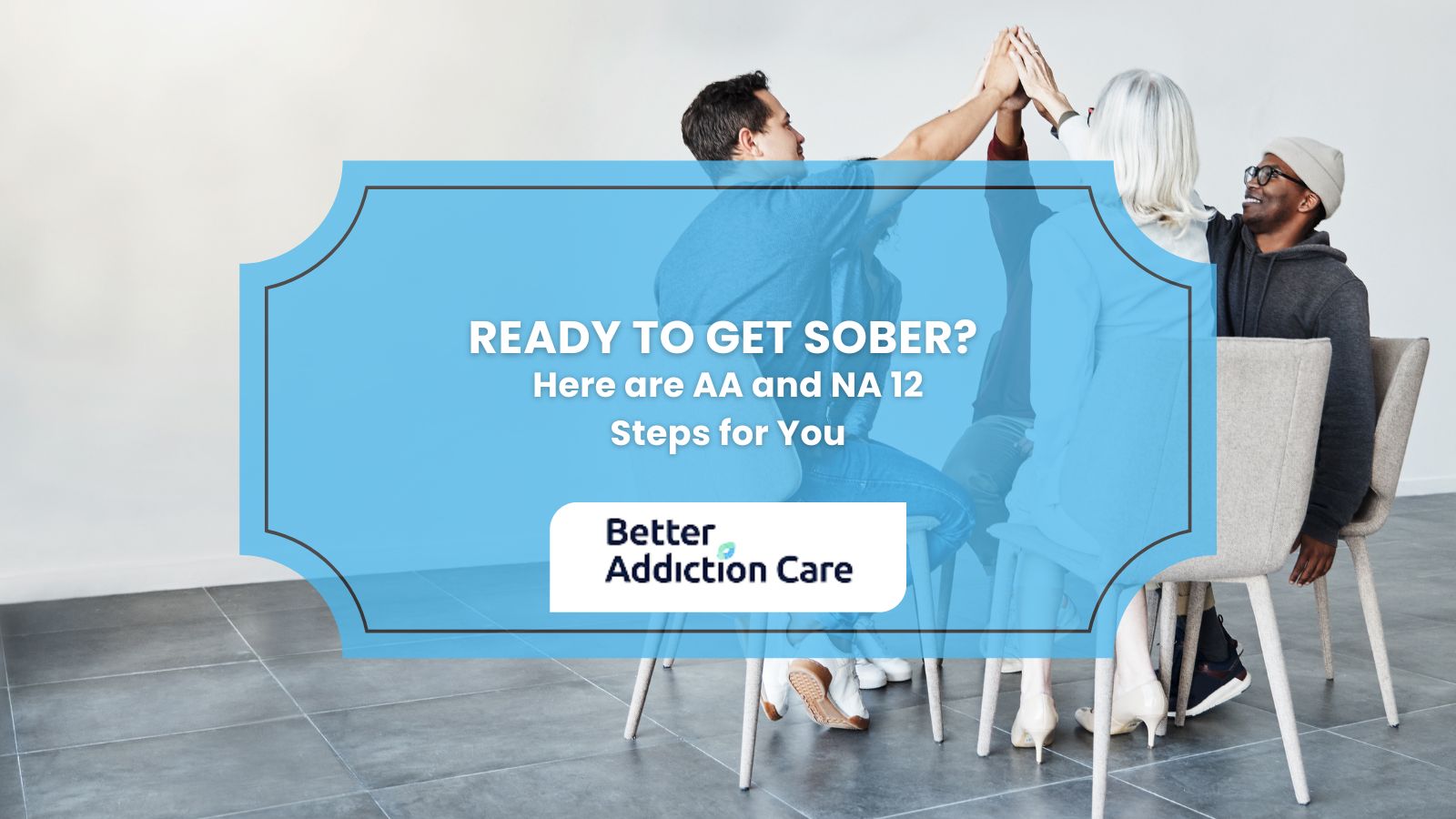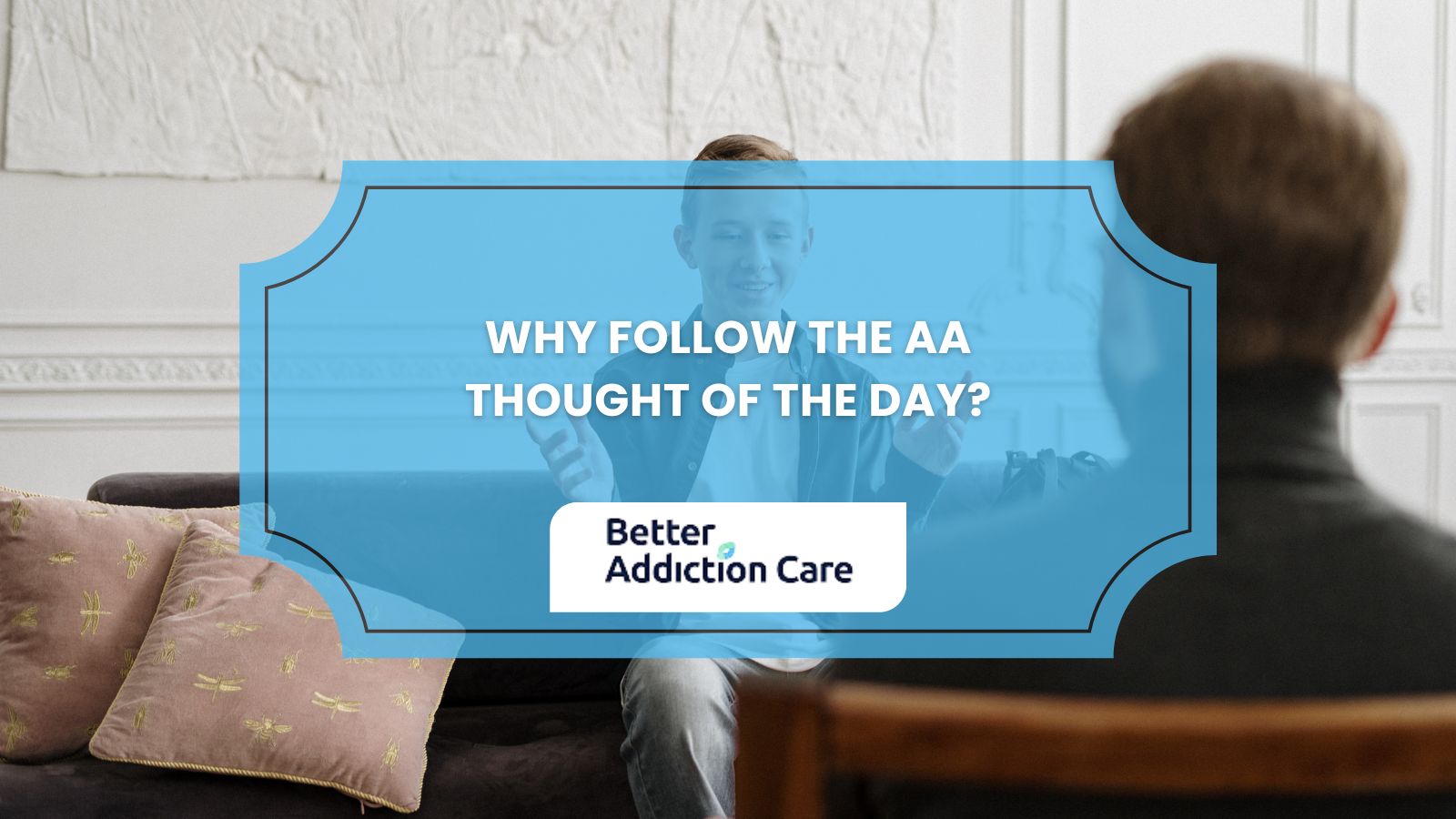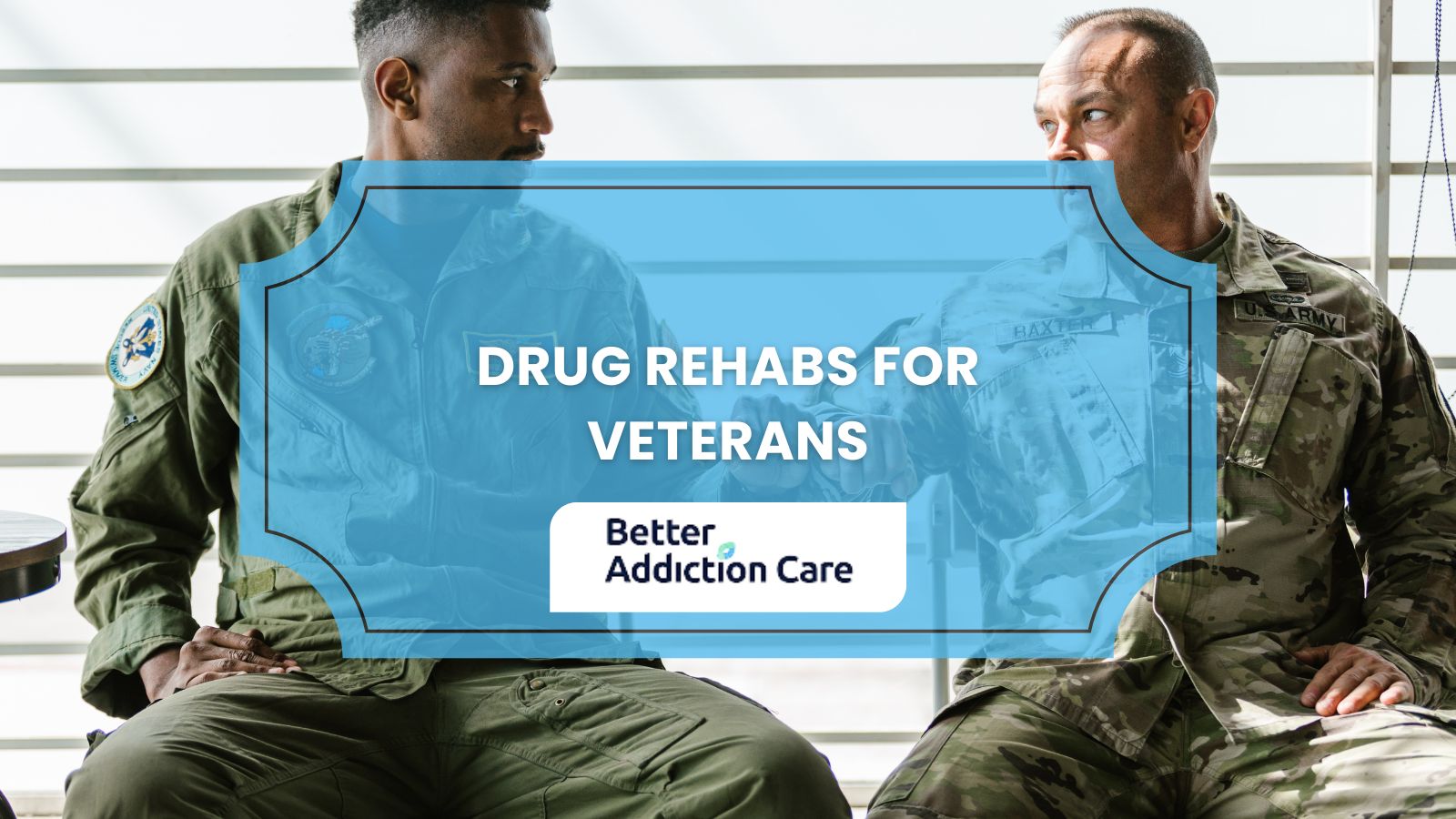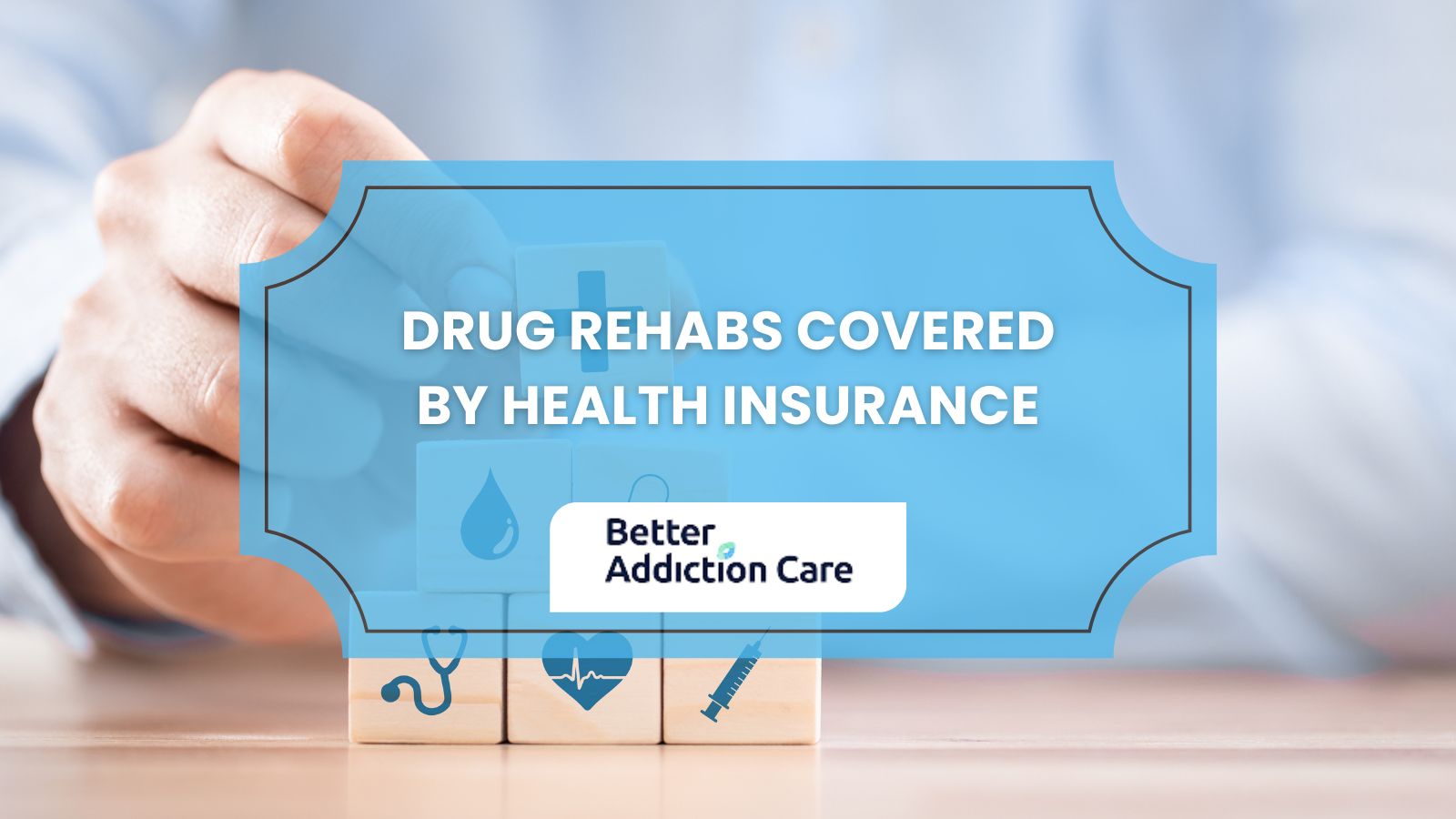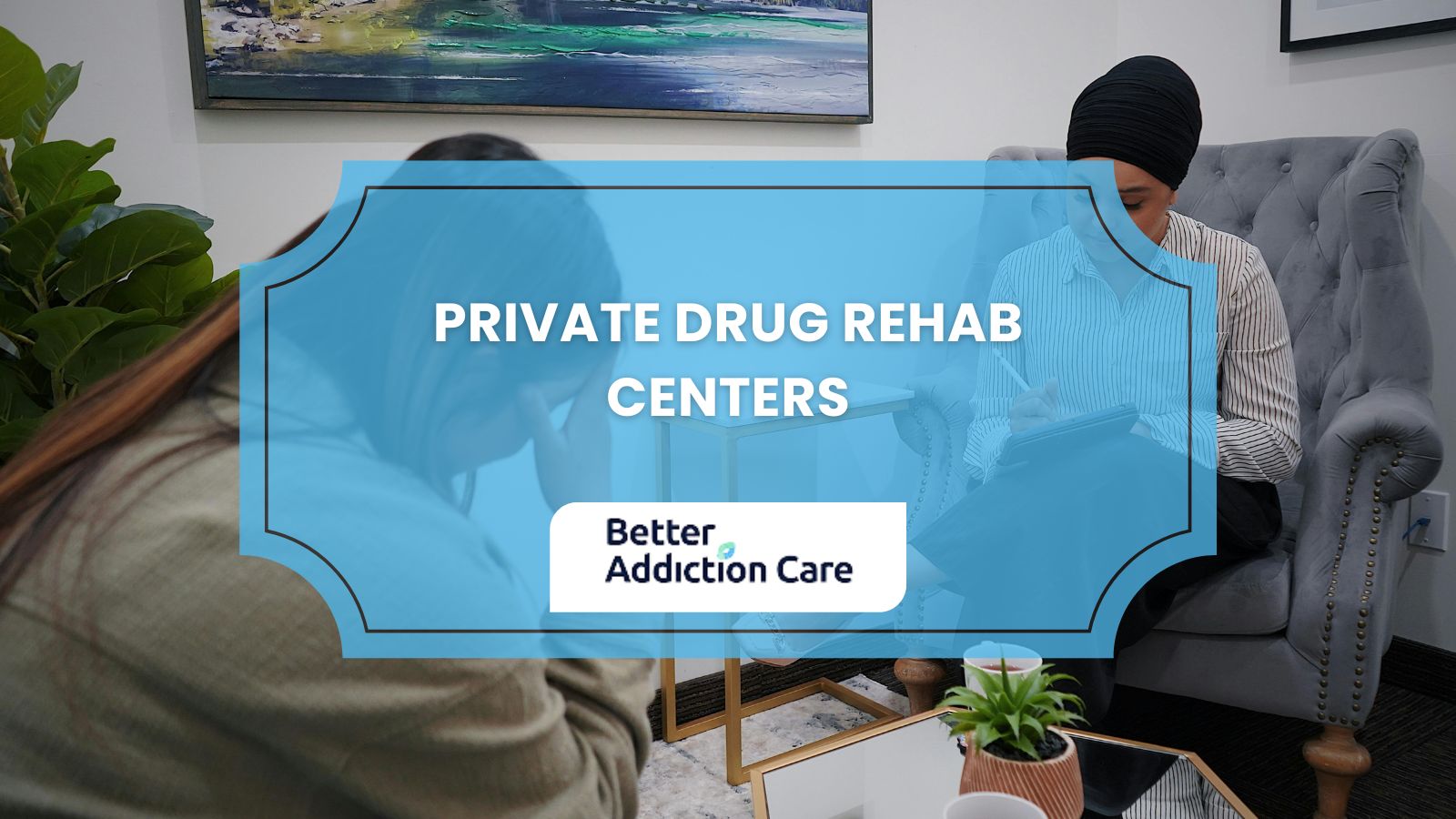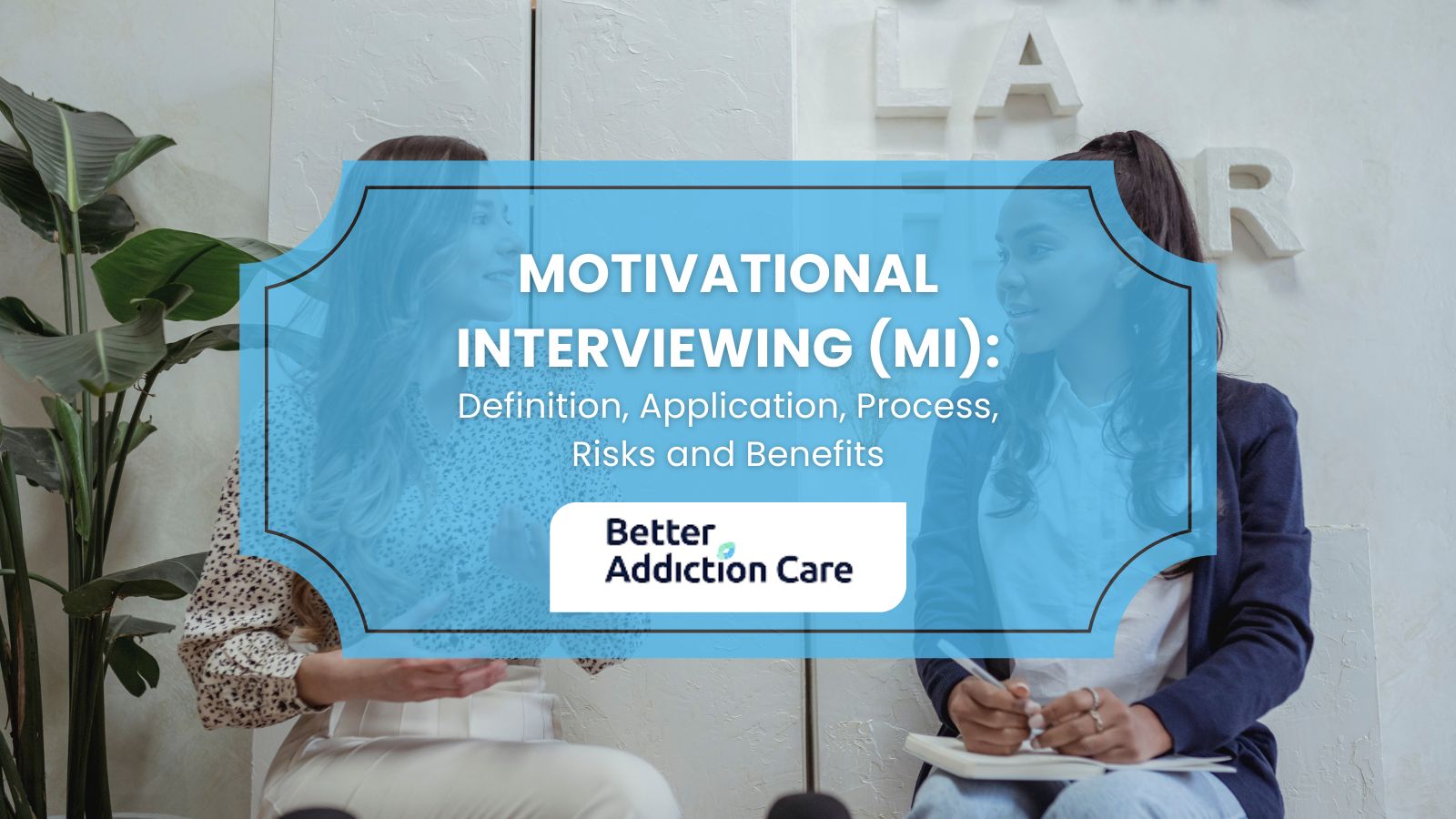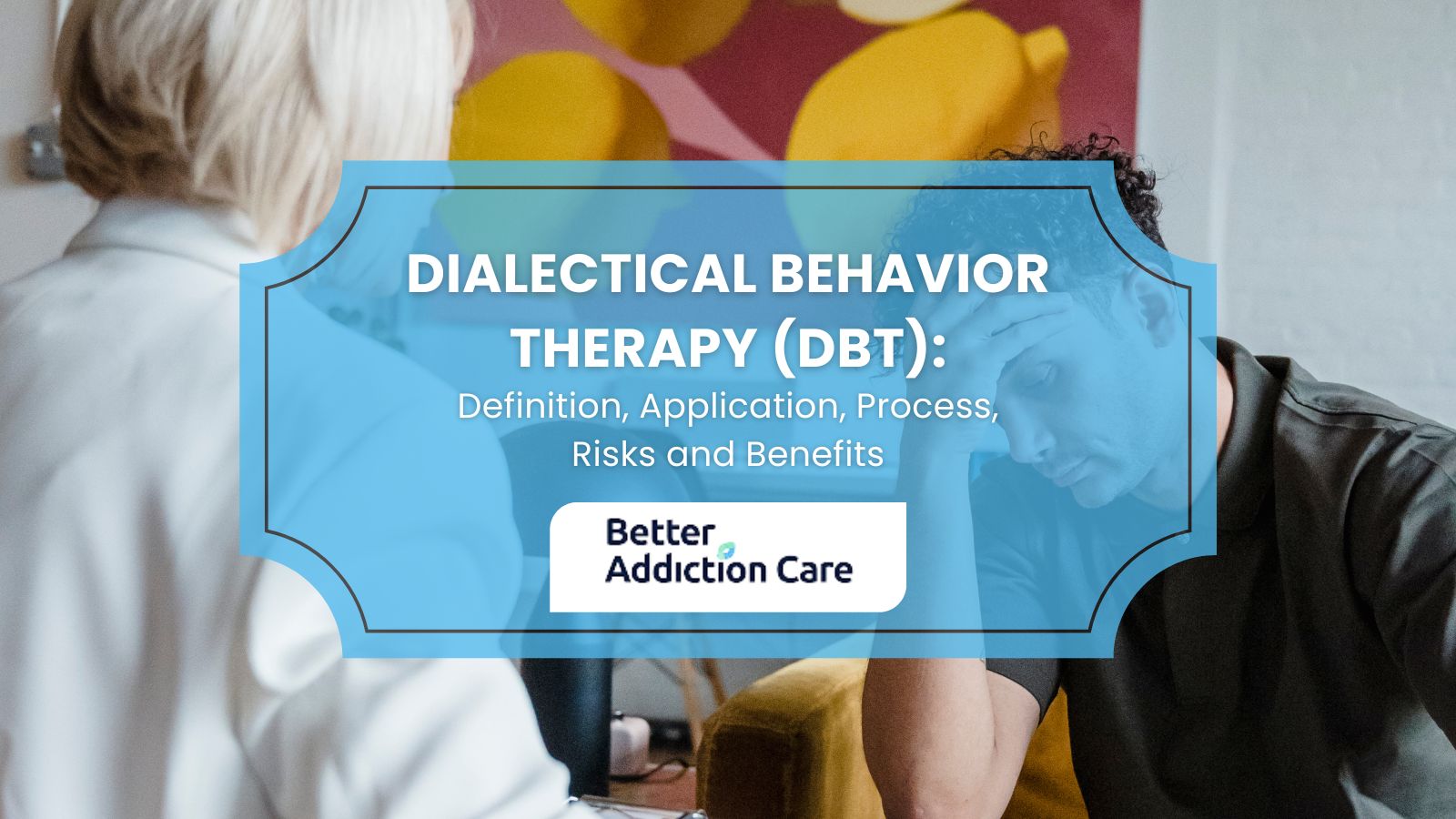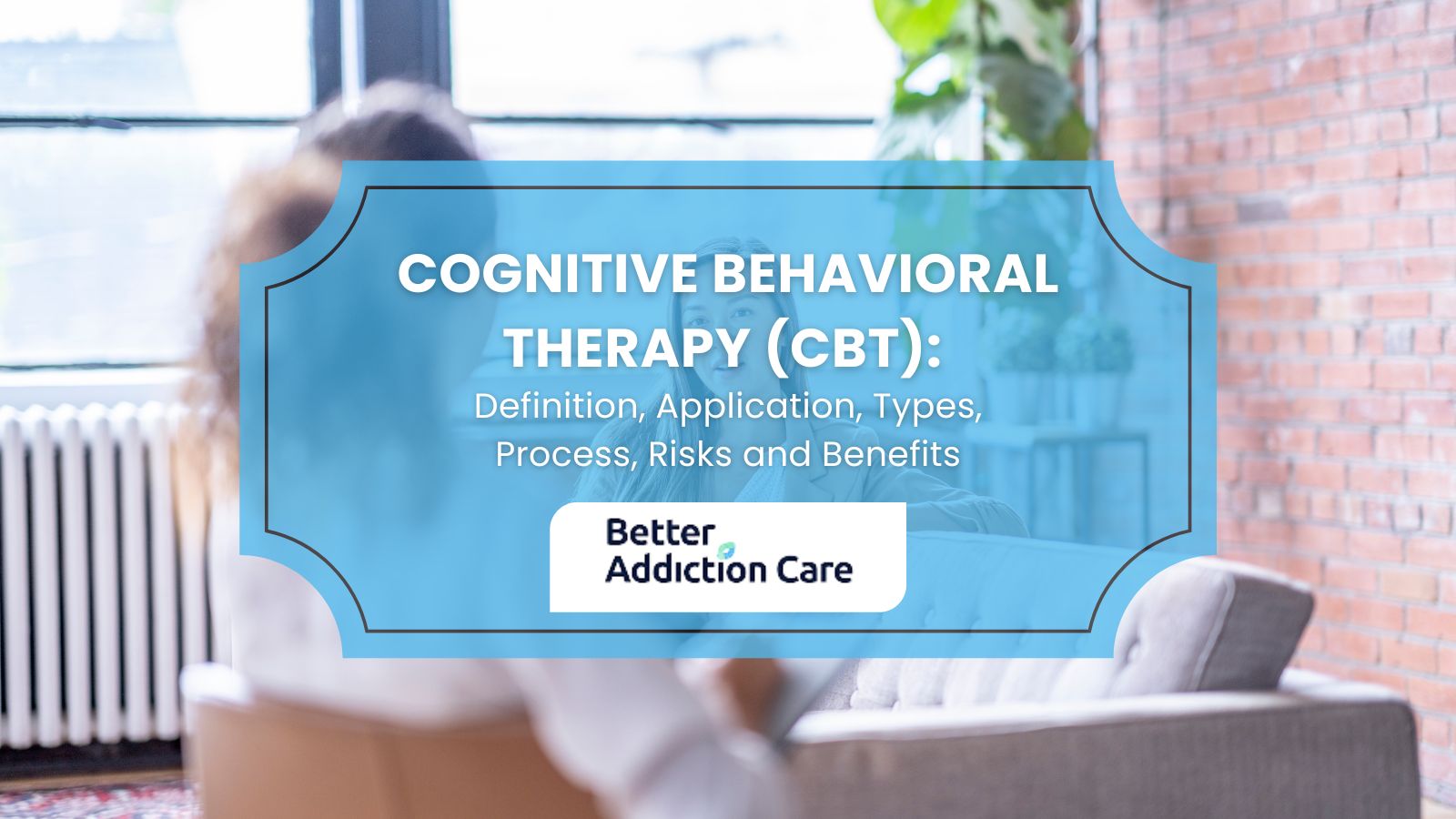Regional Addiction Prevention (RAP) - Residential and Outpatient Treatment Facility

Overview
Regional Addiction Prevention (RAP) - Residential and Outpatient Treatment Facility is a substance abuse treatment center for people seeking treatment near District of Columbia County. As part of their treatment modalities for recovery, Regional Addiction Prevention (RAP) - Residential and Outpatient Treatment Facility provides cognitive behavioral therapy, telemedicine/telehealth therapy, and substance use disorder counseling during treatment. Regional Addiction Prevention (RAP) - Residential and Outpatient Treatment Facility is located in Washington, District of Columbia, accepting medicaid for treatment.
Regional Addiction Prevention (RAP) - Residential and Outpatient Treatment Facility at a Glance
Payment Options
- Medicaid
- Medicare
- State-financed health insurance plan other than Medicaid
- Federal, or any government funding for substance use treatment programs
- Cash or self-payment
Assessments
- Screening for tobacco use
- Comprehensive mental health assessment
- Comprehensive substance use assessment
- Interim services for clients
- Outreach to persons in the community
Age Groups
- Seniors or older adults
- Young adults
- Adults
Ancillary Services
- Case management service
- Early intervention for HIV
- Mental health services
- Social skills development
- Transportation assistance
Highlights About Regional Addiction Prevention (RAP) - Residential and Outpatient Treatment Facility
7.28/10
With an overall rating of 7.28/10, this facility has following balanced range of services. Alcohol Rehabilitation: 8.00/10, Drug Rehab and Detox: 7.54/10, Insurance and Payments: 6.00/10, Treatment Options: 7.58/10.-
Alcohol Rehabilitation 8.00
-
Treatment Options 7.58
-
Drug Rehab and Detox 7.54
-
Insurance and Payments 6.00
Accreditations
State mental health department:
State mental health department accreditation refers to the process of evaluating and certifying the quality and standards of a state's mental health department, ensuring that it provides high-quality services and meets specific criteria for mental health care. The accreditation process is performed by a third-party organization and helps to improve the overall care and treatment of individuals with mental health conditions.
State department of health:

State Licenses, issued by government agencies, authorize rehabilitation organizations to legally operate within designated geographical areas. The specific licenses required for operation are typically determined by both the nature of the rehabilitation program provided by the facility and its physical location.
Treatment At Regional Addiction Prevention (RAP) - Residential and Outpatient Treatment Facility
Treatment Conditions
- Alcoholism
- Mental health treatment
- Substance use treatment
- Co-occurring Disorders
Care Levels
- Hospital inpatient treatment
- Outpatient
- Short-term residential
- Residential detoxification
- Intensive outpatient treatment
Treatment Modalities
- Cognitive behavioral therapy
- Telemedicine/telehealth therapy
- Substance use disorder counseling
- Trauma-related counseling
- Smoking/vaping/tobacco cessation counseling
Ancillary Services
Additional Services
- Pharmacotherapies administered during treatment
- Mentoring/peer support
- Breathalyzer or blood alcohol testing
Special Programs
- Clients with co-occurring mental and substance use disorders
- Veterans
- Active duty military
- Members of military families
- Criminal justice (other than DUI/DWI)/Forensic clients
Contact Information
Read our Most Recent Article About Drug Addiction
DISCLAIMER: The facility name, logo and brand are the property and registered trademarks of Regional Addiction Prevention (RAP) - Residential and Outpatient Treatment Facility, and are being used for identification and informational purposes only. Use of these names, logos and brands shall not imply endorsement. BetterAddictionCare.com is not affiliated with or sponsored by Regional Addiction Prevention (RAP) - Residential and Outpatient Treatment Facility.
